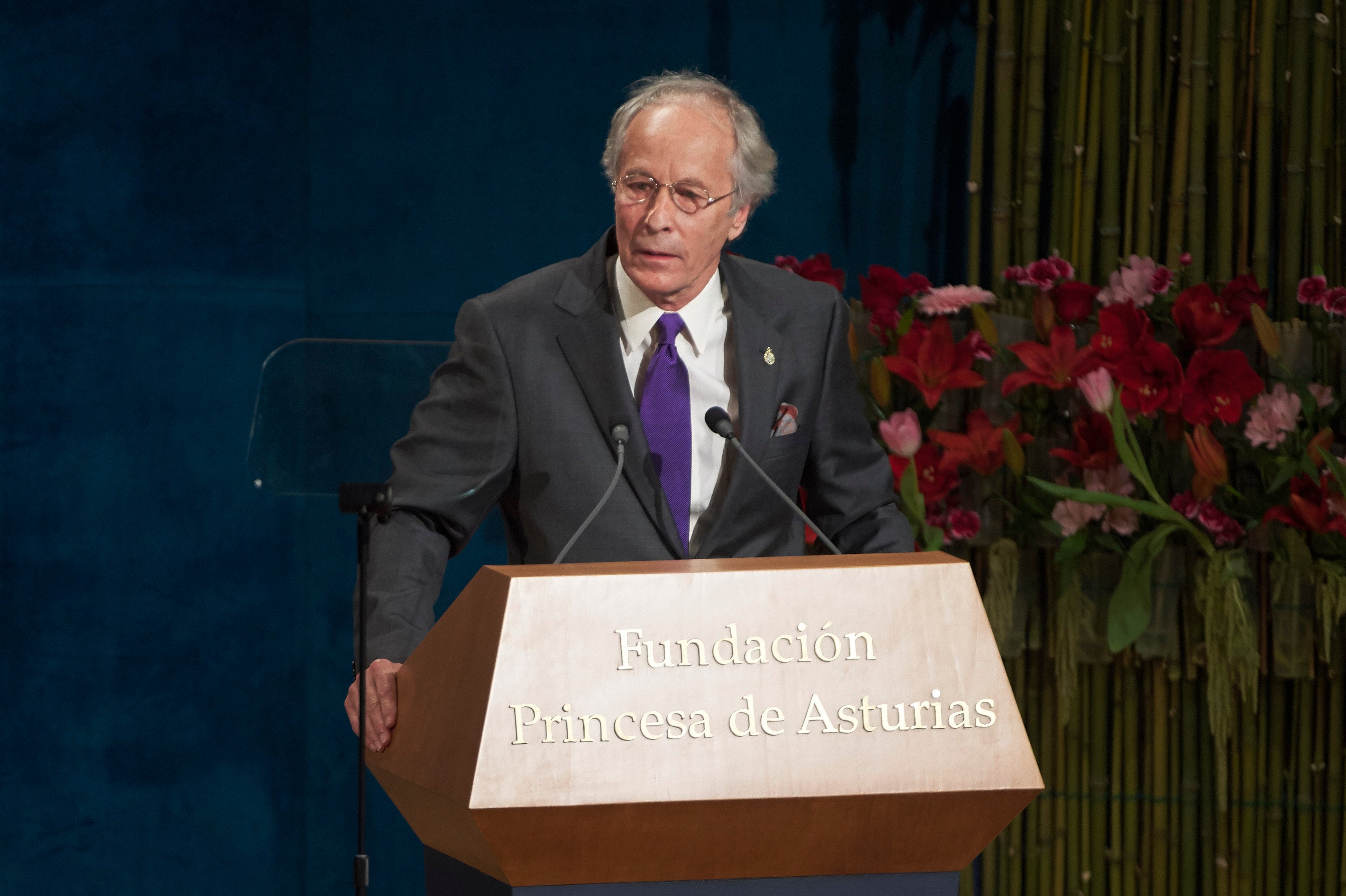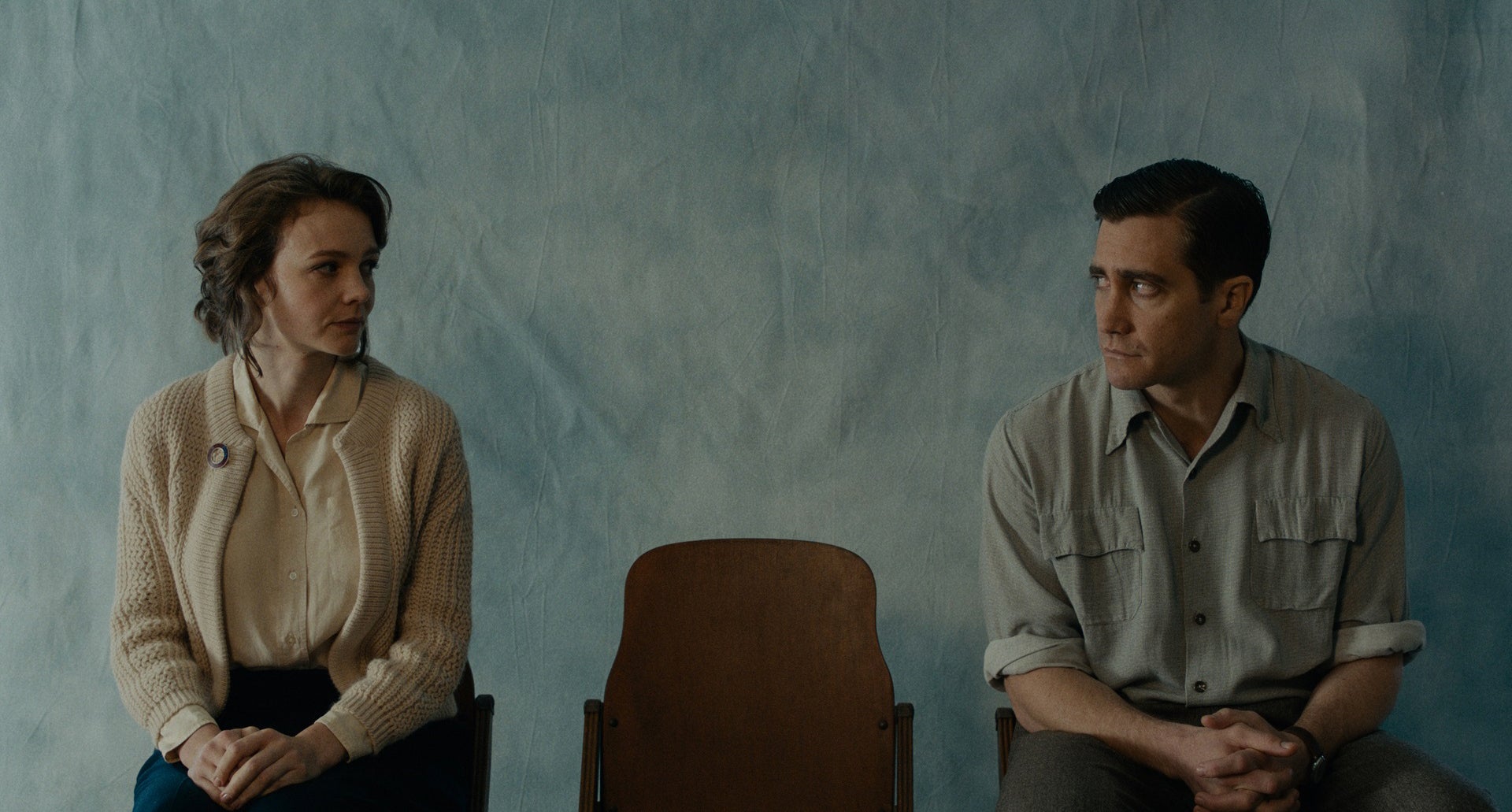‘At my age I can’t get into fistfights’: Novelist Richard Ford on dyslexia, musical heroes and his heavyweight literary feuds
Richard Ford once spat at fellow novelist Colson Whitehead, and claims he’s hung up his boxing gloves for good. Martin Chilton finds him still up for a scrap and landing punches on Trump (‘pooch-lipped, virulent’), William Faulkner (’an awful little creature’) and his own literary legacy (‘a crock of s***).


Richard Ford’s celebrated Frank Bascombe novels are about a failed novelist turned sports journalist. In real life, though, it was the other way round. Trying to land his first gig after university, the author, from Jackson, Mississippi, was sent into a room with “a bunch of clips” and tasked by the Arkansas Gazette’s sports editor to write a story. “I sat down and looked at all the clips – which, as a practised note taker, is exactly the way I write novels – and produced a dog’s breakfast,” he tells me. “It was a real bunch of crap. I showed it to him and he said, ‘No, no, no, no, no, no… get out of here.’ He threw me out. I had no hope of being a writer. It’s 60 years ago, but I keep hoping to this day that he will call me.”
As we chat on Zoom – Ford is in temporary residence in Dublin, where he once lectured in creative writing at Trinity College – we laugh about the quirks of being a sportswriter, a job that, in fact, lurks in both our pasts. He recounts a funny tale about a hugely talented baseball player who was, off field, “the meathead’s meathead”. Soccer “puts him out”, incidentally, because of the way footballers are always “flopping and diving and grabbing their d***s”. Asked if he believed he was destined to write great fiction, he replies with a cackle: “No, not at all.”
It was with The Sportswriter that the Bascombe series began, back in 1986; Ford has just published the latest instalment, Be Mine. This time round finds the ageing Bascombe undertaking an emotional road trip to see Mount Rushmore, as he tries to make peace with his ailing son Paul. Bascombe is a memorable literary creation – one of the most complicated and unique characters of our age – and these first-person novels, so resonant in setting and so strong in plot, are full of pathos, as well as being nuanced, wickedly funny depictions of contemporary American life. Independence Day, the second in the Bascombe series, was the first novel to win the Pulitzer Prize and PEN/Faulkner Award in a single year (1996).
Born in 1944, Ford says that when it comes to ageing, he values Colette’s line about never giving up your instinct to be astonished. “I believe I can read people better at my age than I could when I was younger, though, I am probably wrong,” he says. “You are as apt to f*** up at my age as you are at 21. One of the facets of being 79 – and it applies to Frank, even though he is a few years younger in Be Mine – is that you keep finding yourself thinking in ways that imply a future. Then you look around and think, ‘well, s***, I am not going to be able to do that’. And it pisses you off.”
Be Mine follows The Sportswriter, Independence Day, The Lay of the Land and Let Me Be Frank With You, and was written “pretty much every day” during the pandemic. Ford creates “immersive plans” for novels, although he identifies luck and providence with this Bascombe book, because, during a cab ride in Washington DC, a pal from South Carolina suggested setting a novel on Valentine’s Day. “’Oh, that’s a good idea,” he told the friend. “I’ll call it Be Mine.”
Bascombe is a man capable of searing honesty and canny self-awareness – yet Ford considers himself “just an ordinary guy”, someone “representative of my age group, my demographic, my cultural awareness”. Was his character’s candour the inspiration for his first name? “No one has ever asked me that before,” smiles Ford. “When I wrote Let Me Be Frank With You, the pun had come into my mind, but originally his name was inspired by a pal from Little Rock called Frank Newell. There is a tenor in Frank Bascombe’s voice that is a tenor in Frank Newell’s voice. I called him Frank because Frank was my pal. He is now deceased, I am heartbroken to say.”
In 2018, Ford’s novel Wildlife was made into an acclaimed film starring Carey Mulligan and Jake Gyllenhaal. Sadly, however, nothing came of HBO’s proposal to make a mini-series of the first three Bascombe novels. Who would he have liked to portray Frank? “Kevin Spacey is a remarkable actor and would have been a good Frank Bascombe. I guess he has gotten too old now and he has been rendered one of the untouchables,” Ford says.

The author lives in New Orleans with his wife Kristina, whom he married in 1968. I ask if she is his trusted sounding board. He replies sweetly that “she is my trusted everything”, adding: “Kristina is a social scientist and economist and reads all kinds of recondite things, mysteries and serious things. That is basically who my ideal reader is: someone who loves to read. I don’t think of myself as a savant but writing novels, the little crucible that writing novels is, and the torque and the intensity of trying really hard to say something to interest the reader, sometimes causes you to say something smarter than you would have said otherwise.”
Questions about Ford’s own long-ago controversies are a well-trodden path – the time he sent a reviewer a copy of a book with bullet holes in it, the spitting at Pulitzer-winner Colson Whitehead – but they make me wonder if Frank is deliberately less volatile than his creator. “He is much less volatile than me personally, absolutely,” Ford replies. “At my age I can’t get into fistfights. I am too old. I work out at the gym but when I watch younger guys hit the heavy bag, I think to myself, ‘Wow, they hit it a lot harder than I can.’ I wish I had a better character. I have relative equanimity about the mistakes I have made, insofar as they don’t keep me up at night, but most of my mistakes I wish I hadn’t committed.”
In a long chat, we also discuss his dyslexia (reading slowly means he makes careful word choices, he says) and his contempt for Donald Trump. “Pooch-lipped, virulent, odious, clown, buffoon, idiot and joke” are among the more polite terms he uses for the former US president, whom he fears will be the Republican nominee again in 2024. “The Democrats are putting this poor old codger [Joe] Biden up when they ought to be working their asses off to find someone else who is presentable,” Ford adds.
Ford says that Randy Newman is one of his “great heroes”, adding that “somebody told me once that Randy likes a book I wrote and I don’t think I have ever got over it”. He’s also a jazz fan – Chet Baker and Sidney Bechet are two favourites – although does not go to a lot of live gigs because “I’ve always got my nose to the f***ing grindstone”. He pauses before adding, “I lived three blocks from Snug Harbor, but was always writing books. That’s a poor-ass excuse for not going to hear Old Man Marsalis [the late pianist Ellis Marsalis], who was playing four nights a week on Frenchman Street. It’s my flaw as a human being: I am a dunce.”
[William Faulkner] was, in many ways, such an awful little creature, racist and bigoted; a little tailor’s dummy of a man
We share a deep affection for Joseph Heller’s 1974 novel Something Happened. “I love that book. It’s what taught me to write first-person present tense,” Ford explains. “I knew Joe a little bit and he was a really good, nice, almost modest man. Catch-22 was the great phenomenon of the 1960s, a virtuoso book, but Something Happened is a much more patient, workmanlike, solid, brilliant novel from a guy who maybe revered that kind of book more than he revered Catch-22.”
A line in Be Mine describes William Faulkner as a “scrofulous old faker”. Did he drop it in just to amuse himself? “Yeah, yeah,” Ford admits, laughing again. “I come from Mississippi, and Faulkner is a God in Mississippi. He was, in many ways, such an awful little creature, racist and bigoted; a little tailor’s dummy of a man. It’s my privilege to be able to call him a ‘scrofulous old faker’.”
Be Mine, about a road trip Bascombe takes with his dying middle-aged son Paul, showcases Ford’s remarkable skill for exploring fraught family dynamics. “I was an only child, which was a real blessing because I didn’t have to share anything with anybody,” he says. “The relationship between parents and children is naturally frictive, dramatic and worth writing about because it is also often the victim of very inaccurate conventional wisdom. Conventional wisdom says you must love all your children, but Frank’s daughter has different politics from him, her life is very far away from his and she is rather ill-tempered. He loves her but just doesn’t like her very much and you ought to be able to say that is a human possibility.”
I tell Ford that I envy Frank for his calm digestive system and ability to sleep soundly, the result of a personality that “worries not at all”. “Ah, me too,” says Ford. “I’d give anything not to worry. Last night, I called my wife up at two in the morning in a panic and I can’t even remember what it was about. I wake up every morning trying not to think about what I dreamed about. I worry all the time, absolutely, and have become worse with age. I don’t think I was ever worry-free. My mother was a worrier. It was actually very freeing and nice to be able to ascribe calmness to Frank. When I wrote that sentence, close to the end of the novel, I thought to myself, ‘is that even feasible? Or the least bit believable?”

At present, Ford is not working on anything new – he tried not to leave Be Mine “too open” – and agrees with Frank and Paul’s opinion that “legacies are a crock of s***”. When I suggest his work will be appreciated by future generations, he is not convinced. “It won’t stand the test of time,” he says. “My pal Raymond Carver was, at the time of his death in 1988, all the rage. He was a great writer and wonderful human being and people don’t read his books much anymore. For a while that grieved me, but it wouldn’t have surprised him. I take the ‘Ozymandias’ point of view. I try to write books that will be useful for my fellow man at the time I am alive.”
Ford, who fulfilled his vow to get to grips with the “fancy dancing” needed to do the interview face to face on video, offers a hearty smile as he adds: “What happens past that I can’t do much about and don’t much even think about. You can control the present through the agency of your books in a very provisional, brief way; then life charges on and other writers come along who control the present for their readership. I welcome them. If it means to the exclusion of what I have done, I am not even sorry about that.”
‘Be Mine’ by Richard Ford is published by Bloomsbury on 22 June, £18.99
Join our commenting forum
Join thought-provoking conversations, follow other Independent readers and see their replies
Comments


Bookmark popover
Removed from bookmarks